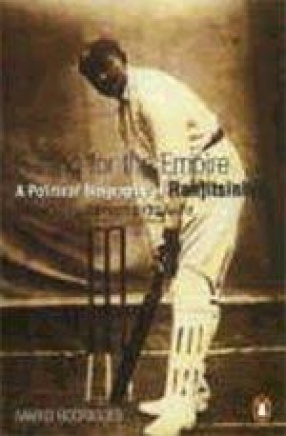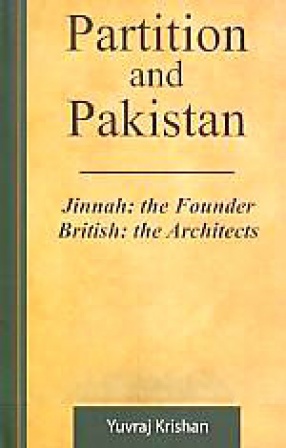Ranji is enshrined in popular perception as the sporting icon who electrified Victorian England and scored over 25,000 runs without ever ‘playing a Christian stroke’. But there was a lot more to the ‘mysterious prince of Hindoo’, and much of it doesn’t quite fit with the extant stereotype of the charming, generous sportsman, progressive ruler and enlightened statesman. The picture that emerges from this long-overdue political biography is that of HRH Jekyll and Maharaja Hyde. The Jam Saheb of Nawanagar was an autocrat, an often-absentee landlord who was flayed by the press for ruthlessly squeezing money out of his subjects for a lavishly spendthrift durbar. He did little to promote cricket in his own country, and refused to let his talented nephew Duleep represent India. More than that, Ranji fought tooth and nail to preserve the Raj. As an important functionary of the princely order and Chancellor of the Chamber of Princes, he played an influential and strikingly reactionary role in the period between the World Wars. Even as an increasingly strident nationalist movement challenged the British across the subcontinent, Ranji schemed and lobbied for the King-Emperor, to keep India bound to the Empire. Batting for the Empire sheds light on the contradictions between the Sussex skipper and the Gujarati despot, and examines the tangled relationships between the Native States, British India and the British. Mario Rodrigues has accessed an enormous amount of material from a variety of sources to chronicle the fascinating life of a complex man who occupied centre stage in a complex era.
The Mother: Selected Photos
$72.00
$80.00





There are no reviews yet.